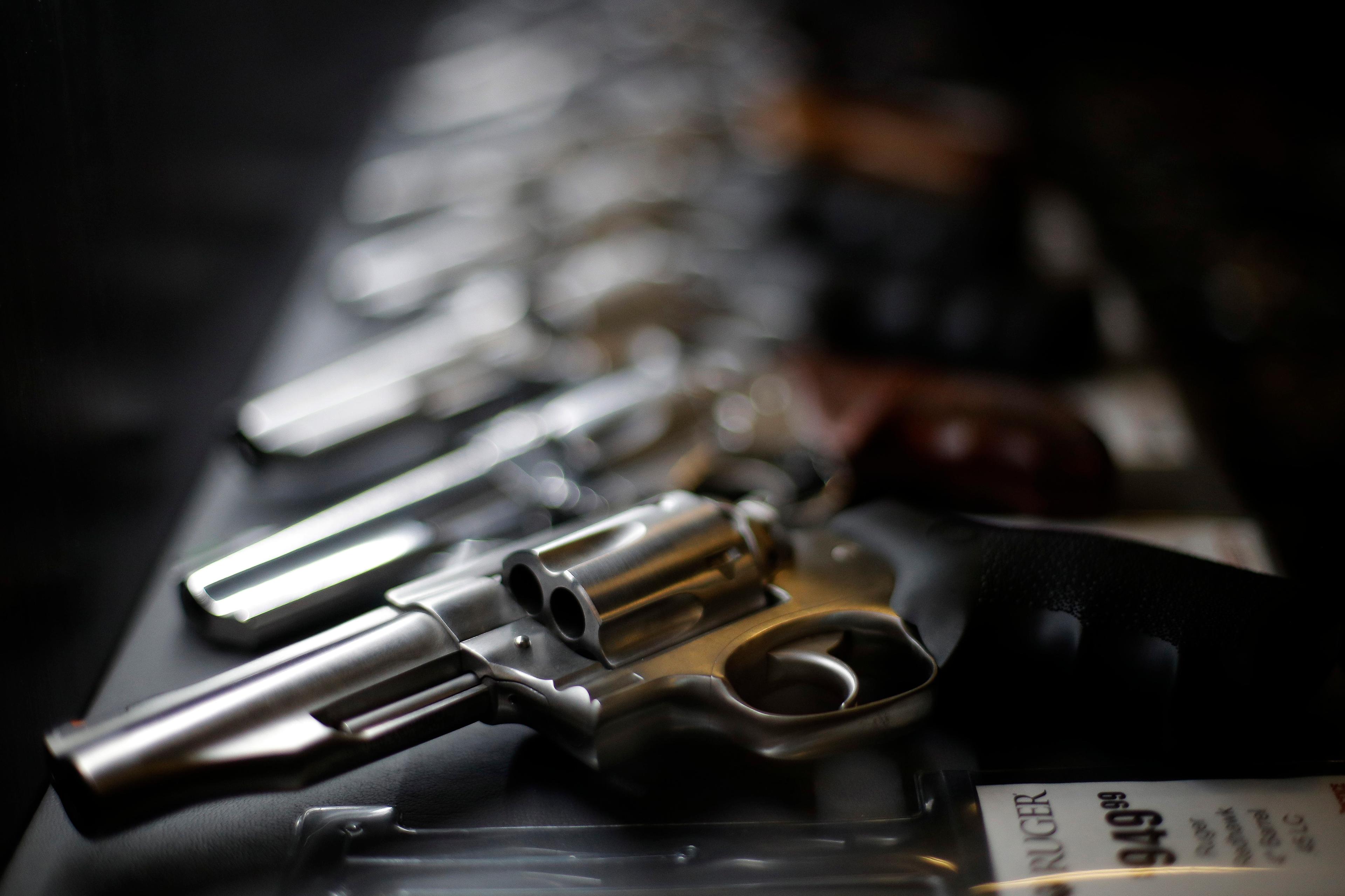
A proposed new state law promises to allow more victims of gun violence to sue the firearms industry. Supporters say it’s meant to hold the industry liable for how it markets and sells guns. But last-minute changes may limit which cases will succeed in court, one expert said.
“This change is not favorable to potential plaintiffs. This change will reduce the available avenues to potential plaintiffs,” said Timothy Lytton, a professor at the Georgia State University College of Law who has studied similar laws in depth.
Colorado’s bill originally set out a “code of conduct” for the firearms industry, including the prevention of gun sales of dangerous people and avoiding marketing to minors. Under the bill, people could sue for violations of any of those responsibilities.
But the bill was amended earlier this month to remove the code of conduct language. Instead, the legislation now says more simply that the industry can be sued if it violates Colorado’s Consumer Protection Act and other existing state laws.
The Polis administration requested the change, saying that the narrower language would avoid “unintended consequences” and “would be more effectively implemented.”
The bill’s supporters argue that the bill still achieves its core goal: It cuts through the combination of state and federal law that have protected the firearms industry from lawsuits. The bill still opens the door for victims of gun violence and their families to sue for a range of reasons — but the new approach could make plaintiffs’ cases more difficult to win, Lytton said.
Other states have faced legal challenges
Lytton said that the change may be a response to legal challenges elsewhere. New York and New Jersey passed laws similar to what was originally proposed in Colorado. Both are being challenged in court.
Similarly to Colorado’s original proposal, he said, the “firearms nuisance statutes in New York and New Jersey both suggest that firearms manufacturers have to take reasonable measures in the design, marketing and sale of their weapons, and they have to supervise the downstream flow of those weapons in the market,” Lytton said.
Lytton argues that keeping this approach would have given Colorado’s courts and policymakers broader power over the firearms industry, and it would have led to the development of clearer standards.
“It puts everyone on notice that you should at least do what responsible manufacturers in your industry do,” he said.
But the “reasonable measures” approach is under attack in court. The firearms industry has argued in court cases against similar laws “that this actually is not workable,” Lytton said. The industry has argued that it’s impossible to “knowingly” violate a law that largely depends on how customers use a product, he explained.
Lytton disagrees with that assessment, but it’s now the basis of federal lawsuits against both New York and New Jersey’s firearm liability laws.
Supporters say lawsuits will still succeed
In Colorado, the bill was amended at the last stage of legislation, when a committee of senators and representatives met to iron out differences between each chamber’s version. The conference committee agreed to strip out the code of conduct, even though that had not been proposed by either chamber.
The four Democratic sponsors agreed to the change, though it came with some hesitation.
“My take is that the previous language was good. It provided guidance to courts for the type of actions to look out for,” said state Rep. Javier Mabrey, a Democratic sponsor of the bill.
Still, he and other supporters said that even the amended bill would still give plaintiffs a wide range of options to sue the firearms industry.
The law gives people the power to take action when companies “cause some harm by engaging in false advertising, in dangerous advertising, in advertising that promotes the illegal use of firearms and conversion of products that are legal into illegal products, and engages in otherwise knowingly unfair, fraudulent, unconscionable business perspectives,” said Ari Freilich, a policy director at the Giffords Law Center to Prevent Gun Violence, an advocacy group that helped write the Colorado legislation.
Court challenges are likely anyway
It’s too early to tell how these different legal approaches will work out in the courtroom, at least in terms of lawsuits against the industry. Other states that passed firearms industry liability laws have faced immediate legal challenges, preventing violence victims from bringing new lawsuits against the industry.
But will the change to Colorado’s law protect it from those legal challenges? Professor Lytton is skeptical. He pointed out that Colorado’s amended approach mirrors laws that have also faced legal challenges in other states.
“I think this is a change that seeks to avoid the kinds of controversies that you're seeing in New York and New Jersey and soon in California, but it trades it for a different controversy, which we've seen in Indiana and Connecticut and New York and California,” he said.
It seems likely, he said, that Colorado’s legislation will be swept up in the national court battle no matter what happens. Meanwhile, Republicans have steadfastly opposed the bill, arguing that it’s unfair to hold gun makers responsible for the actions of their consumers.
Funding for public media is at stake. Stand up and support what you value today.








